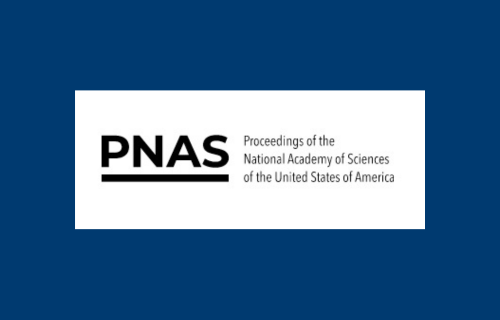Breakthrough for drug discovery in inflammatory diseases
Tuesday, 27 May, 2025
Share

Congratulations to UCD School of Medicine Senior Postdoc, Dr Ashish Singh, Prof Ulla Knaus, and all those involved, on the publication of their research in PNAS, which was selected for the (opens in a new window)PNAS Kudos site. The paper is titled ‘De novo DUOX2 expression in neutrophil subsets shapes the pathogenesis of intestinal disease’.
The research presents a major breakthrough for drug discovery in inflammatory diseases as the team found a new, very promising target, not only for Inflammatory Bowel Disease as reported in PNAS, but also for other neutrophil-driven inflammatory diseases which the team hope will also be published in due course.
The publication showcases the team’s close collaborations with clinicians in UCD as well as Los Angeles and the NIH, and with NIBRT. Dr Ashish Singh was instrumental in leading the research.
The following is from PNAS Kudos and provides a summary of the research:
The presence of neutrophils in tissues is a hallmark of inflammation. In inflammatory bowel disease (IBD), infiltrating neutrophils act as first responders, limiting microbes from breaching the gut barrier and contributing to the resolution of inflammation. Yet, accumulation of highly activated neutrophils also perpetuates inflammation by generating reactive oxygen species (ROS) and by releasing proteases and neutrophil extracellular traps. In accord, neutrophil biomarkers are used as clinical predictors of IBD disease activity. We show here that neutrophils in the inflamed gut amplify their oxidative repertoire, expressing the H2O2-producing enzyme DUOX2. Preclinical colitis models confirmed that DUOX2, but not the well-known phagocyte oxidase, mediates inflammation and tissue injury.
Current IBD therapy includes anti-inflammatory drugs, immunosuppressants, and biologics. These approaches help manage symptoms and reduce flare-ups, but often have significant limitations. There is a pressing need for new drug targets and therapies that are more effective, longer-lasting, and have fewer side effects to improve outcomes for people living with IBD. Our work identifies DUOX2 as a potential drug target for suppressing acute neutrophil-driven inflammation without compromising antimicrobial defense.
Dr Singh says, ‘‘This project would not have succeeded without the support of clinicians and IBD patients. We did not set out to find a new IBD drug target or a new source for oxidants in neutrophils. We challenged prevailing scientific dogma and let our curiosity lead the way when patient tissues showed unexpected results. Excitingly, similar phenotypic changes in neutrophil subsets also occur in other inflammatory diseases, suggesting broader patterns and new directions in inflammatory disease.’’
The full paper can be accessed via (opens in a new window)this page.